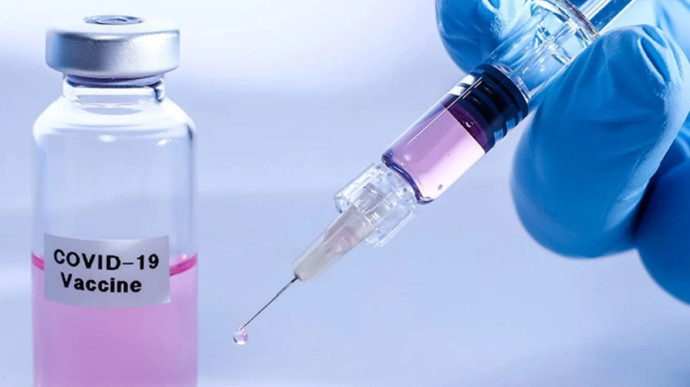The latest information on the COVID-19 vaccine, which inspired great hope in the markets on Monday, does not completely negate the fact that the global economy is waiting for a harsh winter, experts say.

On Monday, the German bioengineering company BioNTech and the American pharmaceutical giant Pfizer announced the successful completion of the third phase of clinical trials of the coronavirus vaccine. The effectiveness of the drug exceeded the wildest forecasts of doctors – in more than 90% of tests, it was possible to prevent infection with COVID-19. Pfizer plans to apply for registration of the vaccine in the United States in November.
However, the second wave of coronavirus continues to destroy the global economy, and the latest news about the vaccine is the only hope that the world economy will feel much better in 2021. Unfortunately, even such bright prospects do not negate the fact that we are facing a difficult economic winter.
According to analysts, there are several important questions about the vaccine that will be fundamental to the economic outlook. First, the effectiveness of the drug after it is distributed to people globally, and second, the percentage of the population that will be vaccinated.
Accurate answers to these questions, combined with advances in testing, will decide when the global economy can return to pre-quarantine status.
According to current estimates of experts, in many European countries, sustainable economic growth will not be possible until the middle and end of 2021.
The World Health Organization also decided to announce its forecasts for the new vaccine. WHO Director-General Tedros Adhanom Ghebreyesus considers the news about the successful results of the COVID-19 drug trials to be quite encouraging.
"We welcome the encouraging news about Pfizer and BioNTech vaccines and welcome all scientists and partners from around the globe who are developing new safe and effective tools to fight COVID-19," Gebreyesus wrote on Twitter. The WHO Director-General also added that the world is experiencing unprecedented scientific innovations designed to end the pandemic.
Recall that on March 11, 2020, the World Health Organization declared a coronavirus pandemic in the world, and at the beginning of this week, its representatives said that they expect to receive the first COVID-19 vaccines by March 2021. This event can change the global situation with the pandemic.
During the resumption of the 73rd session of the World Health Assembly in Geneva, WHO Assistant Director-General Bruce Aylward said that such hopes are taking place thanks to the large-scale work that is being done around the world. Aylward also added that thanks to the efforts of the most highly qualified specialists, the world can hope for discoveries that will fundamentally change the current coronavirus landscape.
According to previously announced information, by March 2021, the World Health Organization promises to provide the world community with a sufficient number of personal protective equipment, dexamethasone, ventilators, and rapid tests for COVID-19. In addition, by the beginning of next year, WHO expects to have funds for self-testing for coronavirus, and by March – an effective vaccine and a plan for the rapid deployment of programs to provide this drug to the population.





















